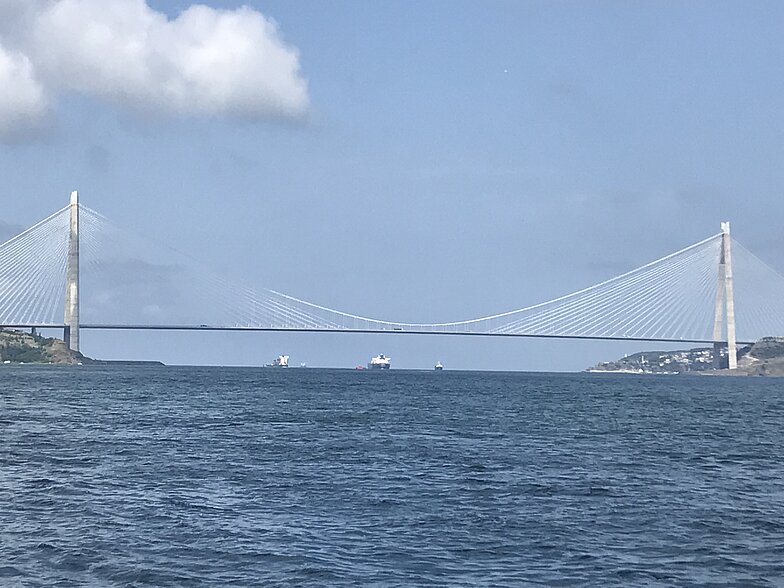The Evolution of Developmental Discourse in Bulgaria and Turkey in the Debate on Traffic Infrastructure

The project investigates developmentality as a specific discourse on progress by focusing on traffic infrastructure in Bulgaria and Turkey. Since the nineteenth century, traffic infrastructure development – mainly in shape of building roads and railways – has been lauded as the strategy to overcome Southeastern Europe’s assumed backwardness. The accompanying discourse has proven essential to either legitimize power structures in Southeastern Europe or challenge them. Events related to traffic infrastructure are empirical anchors for the project that make role models, fears, and their dependency on historical and political determinants visible. Comparing the deeply entangled neighboring countries of Turkey and Bulgaria (and in earlier times, the Ottoman Empire and its Danube Province) leads to a better understanding of the common roots and later divergences in the manifestation of developmentality in Southeastern Europe. Statements regarding the place of one's own society – somewhere along the road between proclaimed backwardness and the assumed standards of the time – form the focus of analysis, specifically during critical transitional phases, such as the declaration of the Second Reform Edict and the subsequent founding of the Danube Province in 1856; the founding of the Bulgarian Principality and Abdülhamid II.’s neoabsolutist rule in 1878; the Ottoman Empire’s second constitutional phase and Bulgaria’s declaration of full independence in 1908, the establishing of the interwar order around 1923, and integration into the American and Soviet alliances after 1949. By analyzing criticism as well as affirmation of traffic infrastructure investments, this study will recreate snapshots of the two societies' self-images at pivotal historical moments. A Foucauldian discourse analysis in the tradition of Arlette Farge and Alf Lüdtke is employed to assess discursive strategies and their underlying themes in a diachronic perspective. Following a comparative approach to the relation of infrastructure to legitimacy, the project explores the question of whether the experience of modernity in Bulgaria and Turkey was predominantly shaped by their common historical heritage, regional conditions, changing ideologies, or by Great Power influence.
The project is funded by DFG.